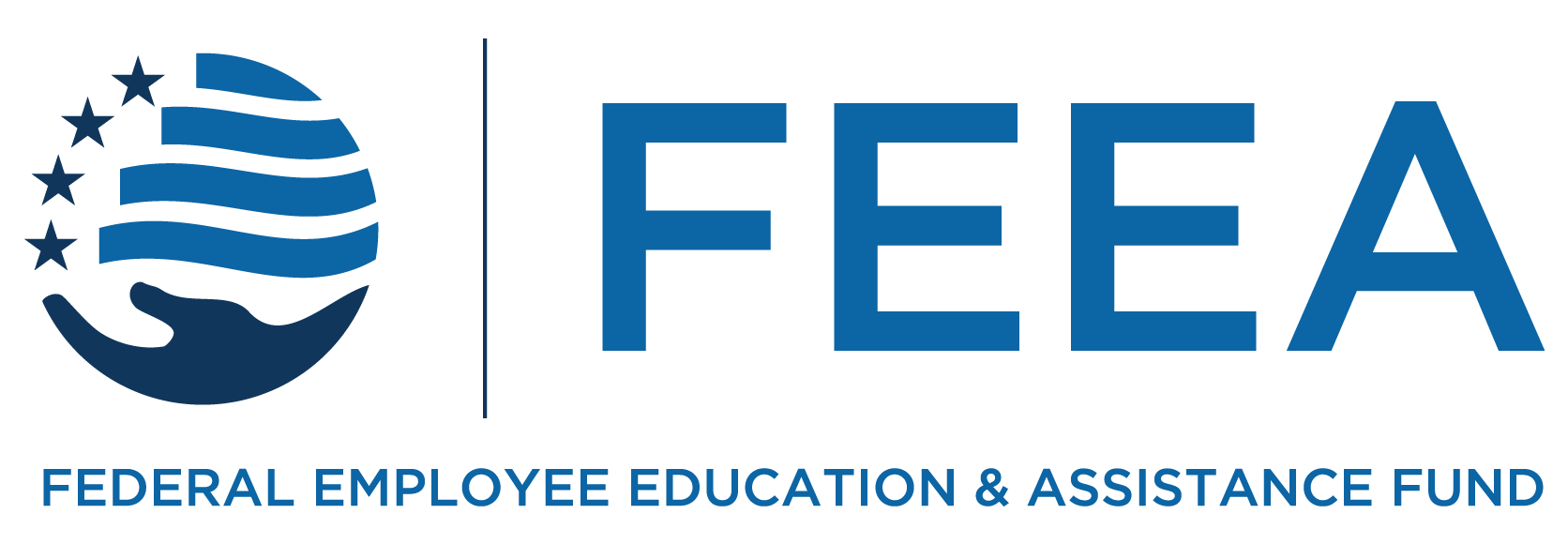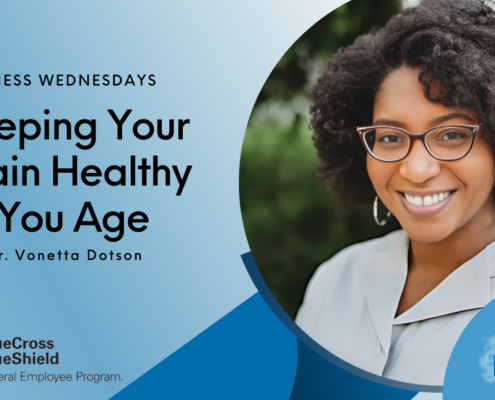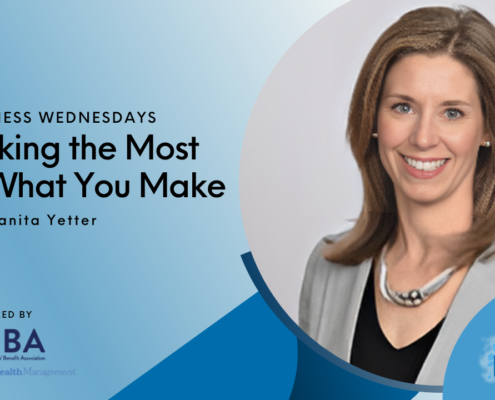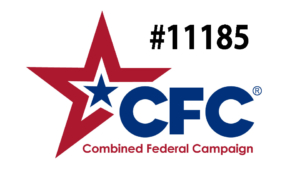There are many different ways to approach long-term financial planning, and the things to think about are different depending on age, whether you’re married, partnered, or single.
We recently sat down with Kateri Turner, a Certified Financial Planner at GEBA, to discuss a few items that are especially important for women to consider in their financial plans.
Robyn: Thanks so much for talking with me today, Kateri. I know the first question on many readers’ minds is going to be “why is financial planning different for women vs. men?” Can you explain briefly why there are different things to think about based on gender?
Kateri: While financial planning in many respects is the same across both genders, it is important to understand and plan for the reality that women generally live longer than men, for example, statistically, women married to men will outlive their husbands by approximately four years. In addition, women seem to use long term care more frequently and for longer periods of time than their male counterparts. Lastly, due to the need to care for others, women statistically spend more time outside the traditional workforce.
These differences between genders make it important for women to pay close attention to their long-term financial plans.
Robyn: How should women think about life insurance? Do they generally need more, or less, than average?
Kateri: The most important thing to understand is that a women’s value is not just measured in the amount of money she makes but also in the unpaid work she does for her family, such as childcare or elder care. Statistically, women in the sandwich generation are likely to spend a great deal of time and effort caring for others within the family, in addition to outside-the-home work responsibilities. As a family reviews their life insurance needs, all the contributions a woman provides to her family must be taken into consideration. Families might want to think not only about lost income, but also about the financial impact of hiring outside help to give care previously provided by a family member.
Robyn: How should women think about retirement savings? Do they generally need more, or less, than average?
Kateri: Realistically, whether a woman is married or single, the longer life expectancy of a woman must be addressed when planning for retirement. Retirement is not a single point in time, but rather a period of perhaps 20 or 30 years. For women, the likelihood of a long retirement is higher and additional assets are required to insulate the average woman from this risk.
FEDLIFEHACKS Financial Planning Considerations for Women
[Video Start]
[Video presented with written slides in English]
[music]
[FEEA #FEDLIFEHACKS logo with a light bulb at the top encased by a blue box.]
Financial Planning Considerations for Women
[An image of a Caucasian woman sitting in front of a laptop with her daughter who is holding a pink piggy bank ]
What’s Different for Women Financially Planning for the Future?
[An image of an older Caucasian woman smiling and hula hooping with her daughter and granddaughter in the background .]
Statistically, women live longer
Because women both live longer and are more likely to have time out of the workforce caring for others, they need to pay close attention to long-term financial plans.
[an image of a Caucasian woman and two young girls sitting on the back tailgate of a 1950’s era car and eating a sandwich.]
Life insurance is for more than lost income
We don’t always consider life insurance for unpaid caregivers, but it’s important to think about who would do that work if the caregiver died. You might need to hire someone, so consider that cost.
We don’t always consider life insurance for unpaid caregivers, but it’s important to think about who would do that work if the caregiver died. You might need to hire someone, so consider that cost.
[An image of a a group of multi-generational woman posing and smiling for the camera.]
It could be a long retirement
With longer lifespans, retirement could be a 20-30 year period for some women. Extra assets might be needed to mitigate risk.
[A an image of an African American woman with a small girl on her lap reading a book.
Stay-at-home parents still need retirement savings
Unpaid caregivers will still need a means of support later in life.
[An image of a Caucasian woman sitting at a table looking over paperwork]
How much savings?
Experts recommend having 3-6 months of expenses available in easily accessible accounts, then deciding what other savings and/or investment options are right for you.
[an image of a Caucasian woman in a suit going over paperwork with an African American woman in a dress]
Start Early!
Start saving early and develop a plan for saving consistently to take advantage of compound interest.[An image of financial words like, “Investment,” “IRA,” and “401K”]
It’s never too late to start!
Even if you’re getting close to retirement age, there are still things you can do to improve your financial life. Talk to a reputable financial advisor to get advice and figure out what’s right for you.
for more information on this topic, visit feea.org/womanmoney
[Government Employees’ Benefit Association logo.]
FEEA thanks GEBA for contributing to our #FedLifeHacks program
[FEEA #FEDLIFEHACKS logo with a light bulb at the top encased by a blue box.]
[music]
[Video End]
Robyn: What about a family with a stay-at-home mom (or dad)? Is there anything different that family should think about in planning for retirement or dealing with the serious illness or disability of the stay-at-home parent?
Kateri: To start, it is important to understand the value of the contributions to the household, both monetary and service-based. As mentioned above, the death or illness of a caregiver can also have financial impacts for a family. And although only one person is receiving pay for their work, retirement savings should still be set aside for both partners. Your financial advisor can help you determine the best way to handle these issues for your family.
Robyn: What about single vs. married women – are there different considerations for retirement or disability planning? Do single women need life insurance?
Kateri: For singles, insurance is only needed if someone depends on you either financially or for care. If this is not the case and will never be the case, there is little need for life insurance if you are single.
Robyn: Let’s talk about emergency savings for a minute. How much liquid savings should we be shooting for vs. what might be invested in a home or stocks or other harder-to-get-to places?
Kateri: People should carry between 3 and 6 months of expenses in savings. This is a rule of thumb and can vary depending on whether you are close to retirement age, part of a dual income couple, have a stable job, or have a home equity line of credit. Once this need is satisfied, you can turn your attention to growth by taking on market risk or tying up your money in investments to seek higher returns.
Robyn: What do you think is the one most important thing for women to know when they’re reviewing their financial plans?
Kateri: Start early and stay consistent!
Specifically, start and continue contributions and develop an investment strategy with your financial advisor and stick to it.
Never underestimate the power of compound interest.
Robyn: Is there anything we missed?
Kateri: It is never too late to start. Deferring taxable income is especially important to women as they live longer and will benefit from it a little more.
MORE FROM FEEA
Subscribe to FEEA’s Newsletter
FEEA thanks GEBA for contributing to our #FedLifeHacks program
Would you like to reprint this piece in your agency human resource, federal employee association, or union local newsletter? You can do so at no cost by contacting admin@feea.org with your request.
The information provided in this piece is for your convenience and informational purposes only and not to be construed as professional advice. FEEA and its coauthors and sponsors are not liable for any losses or damages related to actions or failure to act with regard to the content in this piece.















